Why People Wait Until the Last Minute to Prep for Emergencies
In emergency situations, being prepared can make a significant difference in potential risks and ensuring personal safety. However, it is perplexing why so many people tend to wait until the last minute to start preparing. I want to talk about why people wait until the last minute to prep for emergencies. There is no rhyme or reason why people wait, they just do. However, I do have some ideas of why they wait.
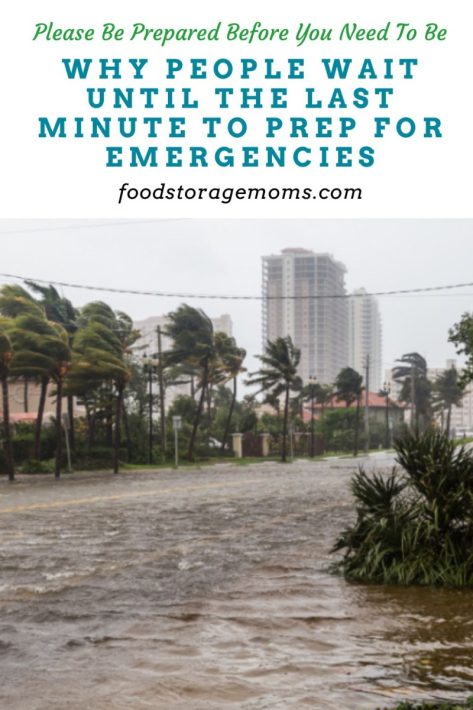
Why People Wait Until The Last Minute to Prep for Emergencies
I could talk for days on why people wait until the last minute to prep for emergencies. I have learned that people are going to do what they want to do. However, Food Storage Moms is all about helping everyone prepare, one family at a time.
Lanterns and other great Lanterns
Solar Flashlights and the best battery Flashlights
1. Procrastination and Fear
One of the primary reasons people delay emergency preparations is the fear associated with the potential disaster. Thinking about worst-case scenarios can be overwhelming, leading individuals to put off taking action until the threat is right in front of them. It is often easier to deny the possibility of a disaster or assume that it will never happen to them, which creates a sense of false security. Fear Can Fuel Transformation
2. Optimism Bias
Another psychological factor contributing to last-minute preparations is the optimism bias. This is when people believe that they are less likely to experience negative events compared to others. Of course, this usually means they underestimate the probability of an emergency occurring and overestimate their ability to handle the situation if it does happen. This optimism bias can lead to a lack of urgency in taking precautionary measures.How to Start Prepping with No Money
3. Lack of Awareness
Many individuals simply lack awareness about the importance of emergency preparedness. They may not fully understand the potential consequences of being ill-prepared or underestimate the severity of a potential disaster.
Without a clear understanding of the risks involved, people may not feel motivated to take steps towards preparedness, until it is too late.
4. Time Constraints and Busy Lifestyles
Modern life is fast-paced, with people juggling multiple responsibilities. This busy lifestyle often leaves little time for individuals to prioritize emergency preparedness.
The perceived lack of time becomes a barrier, leading people to postpone preparations and rely on the belief that they can address the situation when necessary. This can leave individuals ill-equipped to handle emergencies effectively. How to Handle an Emergency: Kid Edition
5. Overwhelm and Decision Paralysis
Emergency preparedness involves numerous tasks, such as creating a disaster kit, developing an evacuation plan, and staying informed about potential threats. The sheer magnitude of these responsibilities can be overwhelming, leading to decision paralysis. Sometimes you just have so much to do, you don’t know where to start. I have felt this many times in my life.
When faced with too many choices and tasks, individuals may find it easier to delay action rather than face the stress and anxiety associated with making decisions in high-pressure situations. A World Without Technology: A Glimpse into the Unplugged Life
6. Past Experiences
Personal experiences can influence the level of preparedness for emergencies. If someone has never encountered an emergency or disaster, they may underestimate the likelihood of one occurring in the future.
Those who have experienced a previous emergency might be more inclined to prepare in advance due to the impact of their past experience. 15 Steps To Prepare For A Disaster
7. Perception of Inconvenience
Preparing for emergencies often requires time, effort, and financial resources. Some individuals may perceive these preparations as unnecessary, especially if they believe that emergencies are unlikely to happen in their specific location.
This perception of inconvenience can act as a deterrent, leading individuals to postpone prep until they feel compelled to do so. How to Reduce Waste as a Prepper
Why is it important to plan ahead for an emergency?
When you plan ahead for emergencies, you prioritize your safety and the safety of your loved ones. Having a well-thought-out emergency plan ensures that you know what to do, where to go, and how to stay safe during a crisis. This approach significantly reduces the risk of injury or harm. Away From Home Emergency Plan For Kids
What is the most important part of emergency planning?
Clear communication is important because it helps to get out vital information about the emergency, such as the nature of the crisis, evacuation procedures, safe locations, and any updates or changes in the situation. This ensures that everyone is aware of what is happening and what actions need to be taken. Communication Options for Your Family During a Disaster
More Tips to Prep for Emergencies
- Be Prepared for a Hurricane + Free Printable Emergency Binder Contents
- How to Find Time to Prep For Emergencies
- Preparing for the School Year: Must-Have Items for Preppers
Final Word
Understanding the psychology behind why people wait until the last minute to prepare for emergencies is vital in teaching people to be prepared. When we talk about these things, it can help everyone prepare sooner, instead of waiting until the last minute Why do the people you know wait until the last minute to prep for emergencies? May God Bless this World, Linda

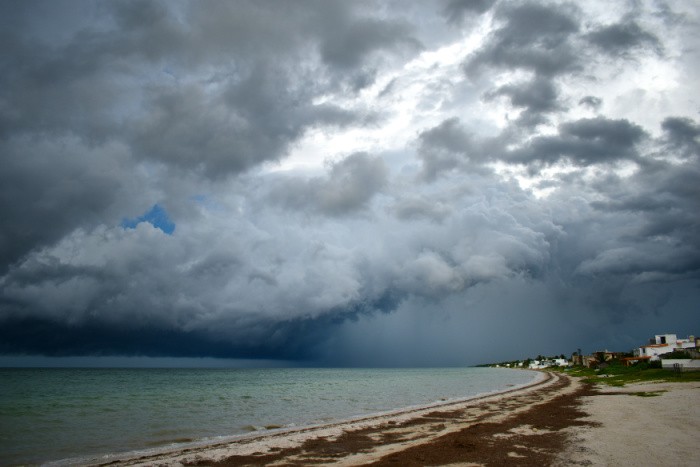

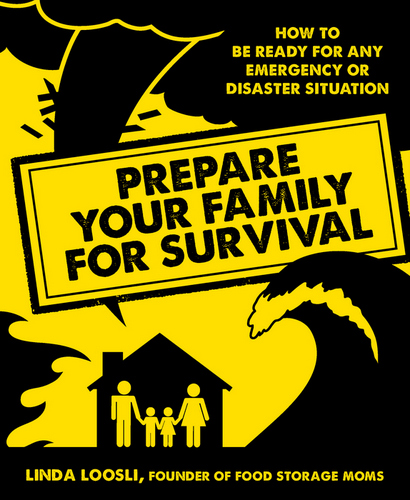

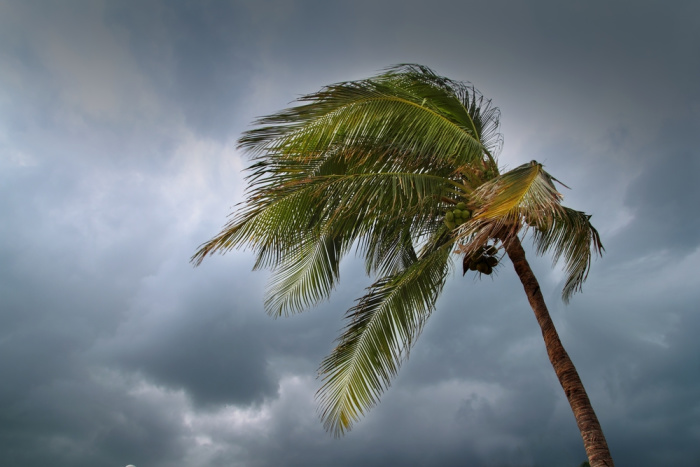

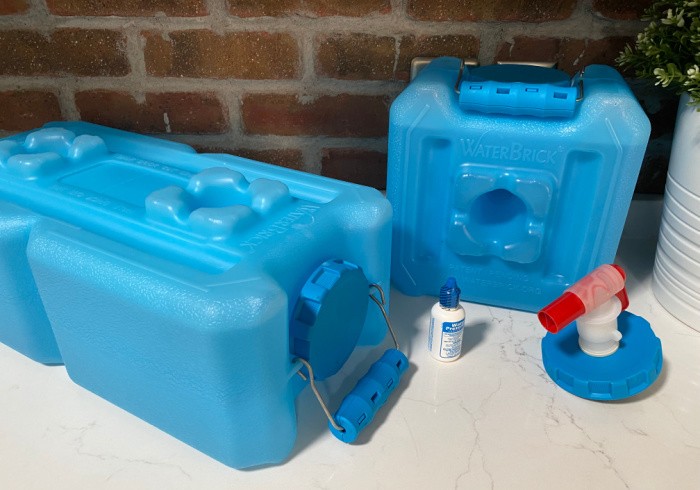
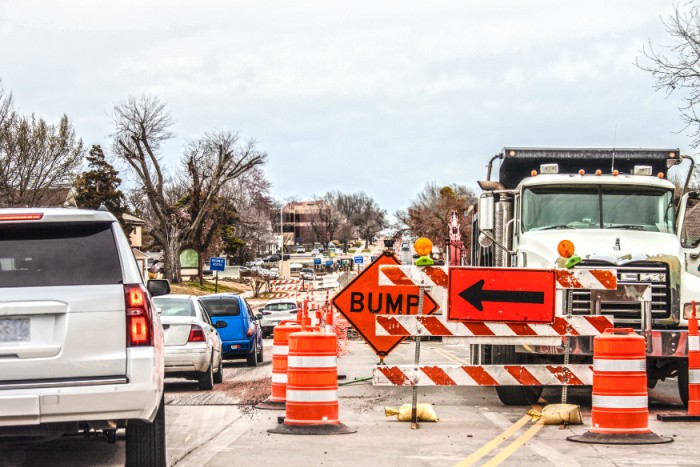
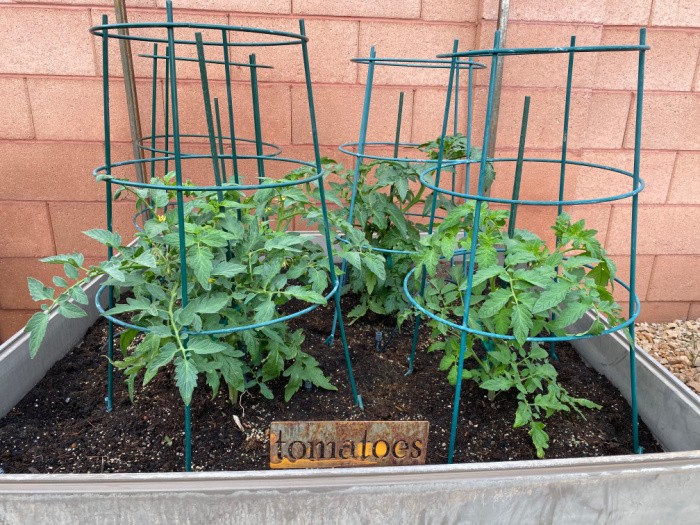



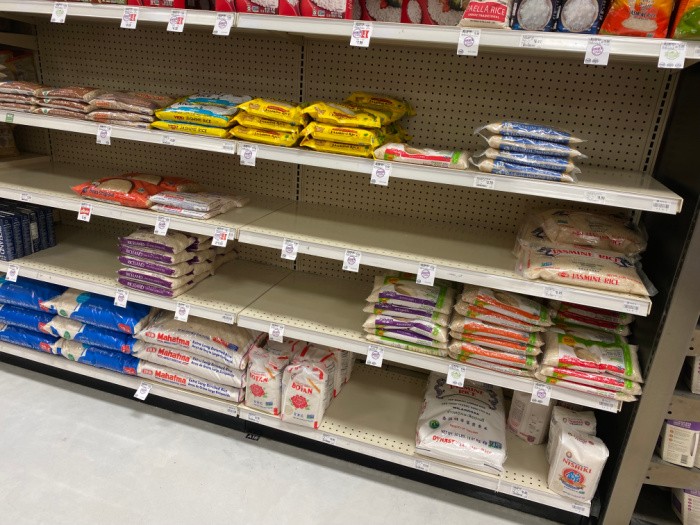
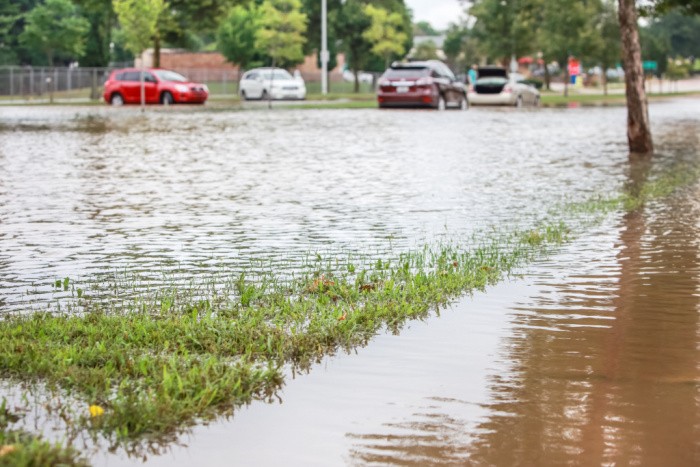



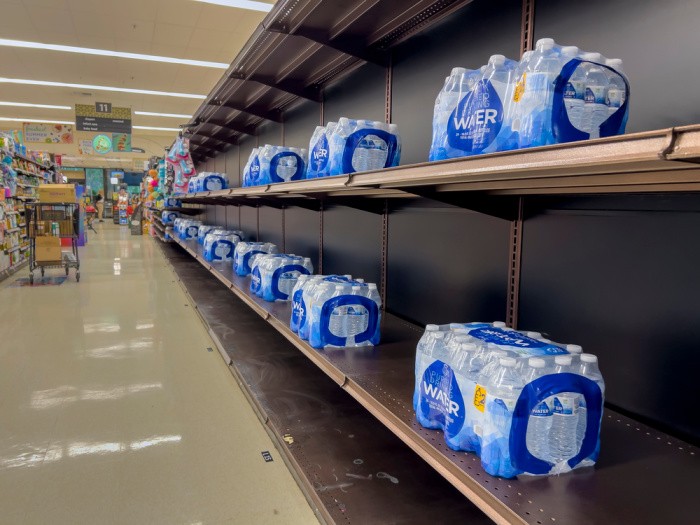




We are living this out right now. I want to be prepared but also you are trying to live everyday life, while also possible preparing for a hurricane.
HI Jess, yes, I’m glad you stocked up before you had to! We have had such crazy weather non-stop lately. Stay safe, Linda